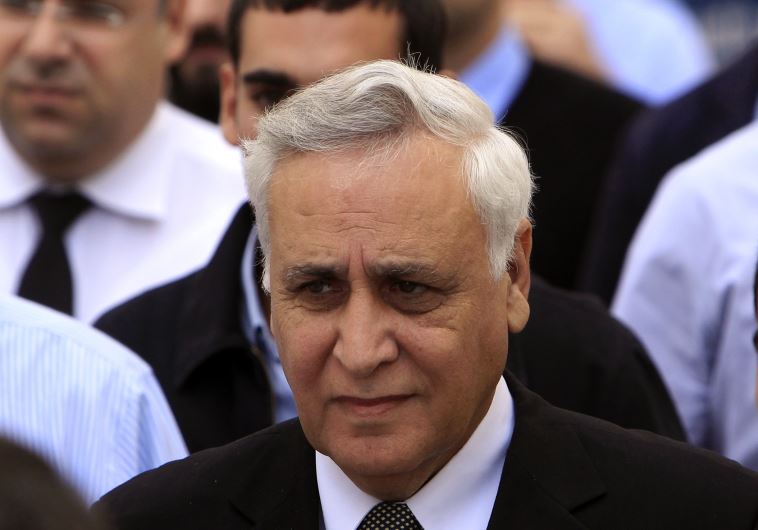Former president Katsav faces Prisons Service exit process if released
Katsav, who was convicted and sentenced to 7 years in prison for rape, is waiting to see if the state prosecution will appeal his parole.
 Former president of Israel Moshe KatsavUpdated:
Former president of Israel Moshe KatsavUpdated: